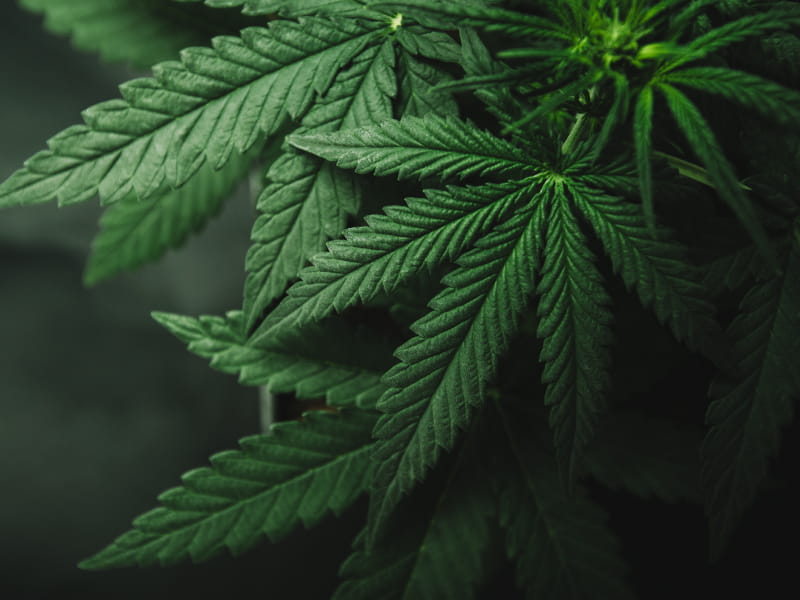In lab, soybean compound fights blood vessel damage from marijuana
By American Heart Association News

Marijuana can damage cells that line the inside of blood vessels throughout the heart and vascular system, but new lab tests suggest a compound found in soybeans may provide protection.
Earlier studies have linked marijuana use to an increased risk of heart attack and stroke. Medications containing a synthetic version of THC – the main compound in marijuana that gives the sensation of being high – also can have cardiovascular side effects, including changes in heart rate and blood pressure.
The new preliminary research, part of an effort to understand and limit such side effects, was presented Tuesday at the American Heart Association's Basic Cardiovascular Sciences Scientific Sessions in Boston.
Researchers experimented with endothelial cells, like those that line blood vessels, derived from human stem cells. Tests also were run on mouse arteries.
The scientists found THC exposure induced inflammation and oxidative stress, which are associated with the development of heart disease, on the blood vessel cells. Treatment with JW-1, an antioxidant compound found in soybeans, eliminated THC's effects on those cells.
THC works after it binds to one of two cannabinoid receptors, called CB1 and CB2, which are found throughout the brain and body. In the study, blocking THC's access to the CB1 receptor protected the blood vessel cells.
An earlier attempt to block the CB1 receptor proved problematic, said Tzu-Tan "Thomas" Wei, the study's lead author. He is an assistant professor of pharmacology in the College of Medicine at National Taiwan University in Taipei City.
"Previously, a drug that blocked CB1 was approved in Europe for the treatment of obesity, but it had to be withdrawn because of severe psychiatric side effects," Wei said in a news release. "In contrast, as an antioxidant, JW-1 may have neuroprotective effects. Discovering a new way to protect blood vessels without psychiatric side effects would be clinically important with the rapid growth of cannabis use worldwide."
The researchers are continuing their work by testing cells derived from regular marijuana users and from people who smoke both cigarettes and marijuana. Researchers also are looking at the effects of cannabidiol, the other main component of marijuana, in addition to THC.
"Meanwhile, if you have heart disease, talk to your doctor before you use marijuana or one of the synthetic THC-containing medications," Wei said. "Marijuana may cause more severe effects on the cardiovascular system in those with pre-existing heart disease."
If you have questions or comments about this story, please email [email protected].





